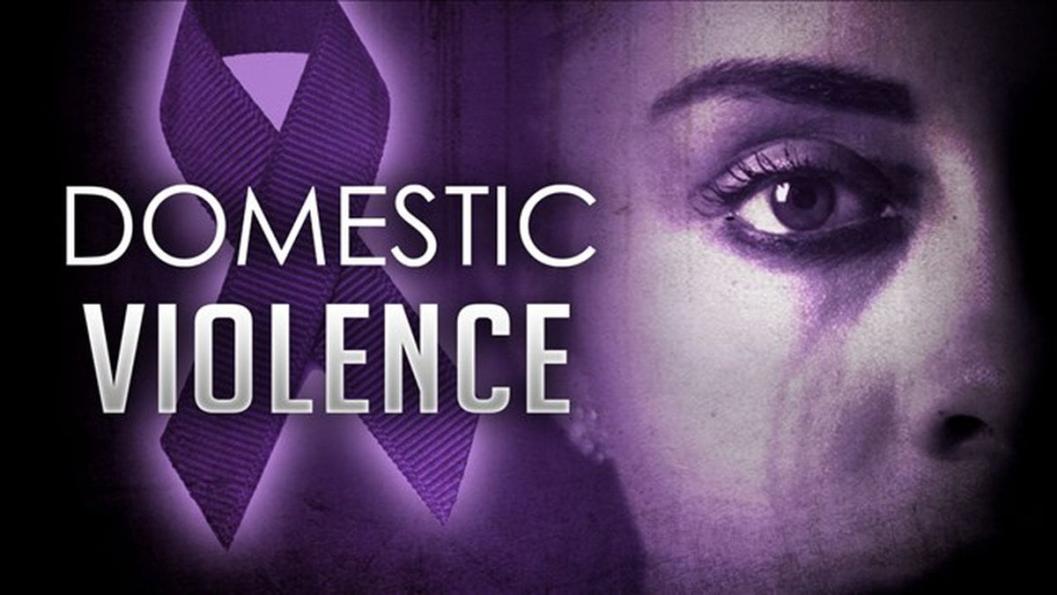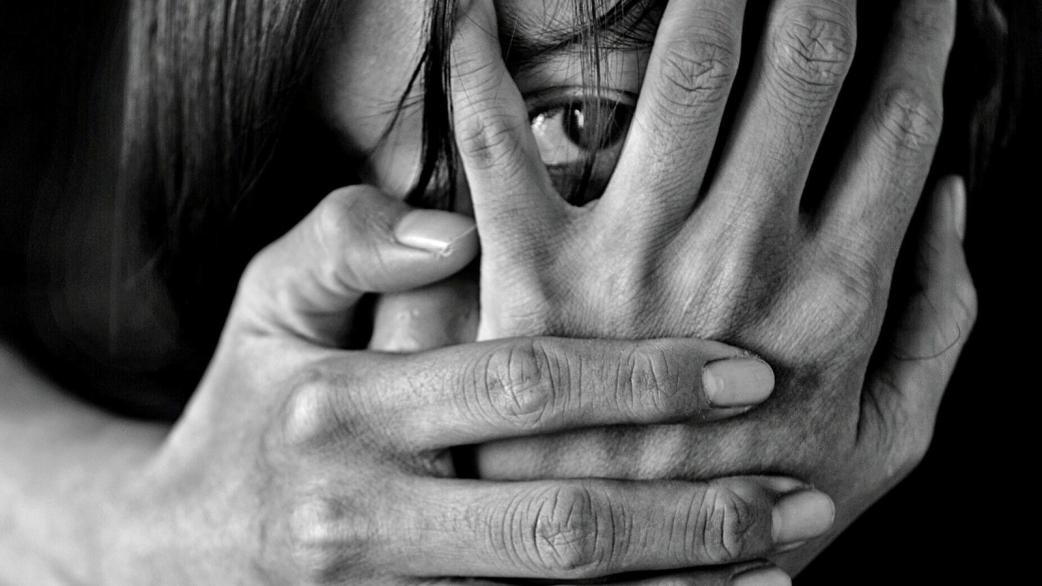What Are the Long-Term Effects of Domestic Violence?
Domestic violence, a pervasive social issue, transcends physical harm, leaving deep and lasting scars on victims, families, and communities. This insidious form of abuse, encompassing physical, emotional, sexual, and financial violence, wreaks havoc on the lives of millions worldwide.

Physical Health Consequences: A Lingering Toll
- Domestic violence victims face an elevated risk of chronic diseases such as heart disease, stroke, and cancer, bearing the burden of violence's lasting impact on their physical well-being.
- Injuries, disabilities, and chronic pain often accompany domestic violence, leaving victims with a constant reminder of the trauma they endured.
- Reproductive health issues, including infertility, miscarriage, and premature birth, are prevalent among domestic violence survivors, highlighting the far-reaching consequences of abuse.
- A weakened immune system and increased susceptibility to infections further compound the physical health challenges faced by victims, exacerbating their vulnerability.
- Fear, shame, and financial constraints often hinder victims' access to healthcare, perpetuating the cycle of neglect and suffering.
Mental Health Consequences: The Unseen Wounds
- Post-traumatic stress disorder (PTSD), anxiety, and depression are common mental health conditions experienced by domestic violence survivors, leaving them grappling with the psychological aftermath of abuse.
- Low self-esteem, guilt, and shame haunt victims, eroding their sense of self-worth and hindering their ability to heal.
- Difficulty concentrating, making decisions, and forming healthy relationships further compounds the mental anguish endured by survivors, disrupting their daily lives.
- Increased risk of substance abuse and suicidal thoughts underscores the profound mental health toll of domestic violence, highlighting the urgent need for comprehensive support.
- Intergenerational trauma, a haunting legacy of domestic violence, affects children who witness or experience abuse, perpetuating the cycle of violence and trauma.
Social And Economic Consequences: The Ripple Effect
- Domestic violence often leads to job loss, housing instability, and financial ruin, leaving victims and their families in dire straits.
- Social isolation and strained relationships with family and friends further exacerbate the social and emotional fallout of domestic violence, leaving victims feeling isolated and alone.
- Difficulty maintaining healthy relationships and forming new ones becomes a challenge for survivors, hindering their ability to rebuild their lives.
- Reduced productivity at work or school, a consequence of the trauma and stress experienced by victims, impacts their economic well-being and limits their opportunities for growth.
- Increased healthcare costs and reliance on social services further burden victims and society, highlighting the far-reaching economic consequences of domestic violence.
Impact On Children: A Legacy Of Trauma
- Children exposed to domestic violence face an increased risk of physical, emotional, and behavioral problems, bearing the scars of their parents' trauma.
- Difficulty forming healthy attachments and relationships hinders their emotional development, impacting their ability to thrive.
- Poor academic performance and increased risk of dropping out of school underscore the profound impact of domestic violence on children's education and future prospects.
- Higher likelihood of experiencing domestic violence in their own relationships perpetuates the cycle of violence, highlighting the urgent need for intervention and prevention.
- Specialized support and interventions are crucial to address the unique challenges faced by children exposed to domestic violence, helping them break free from the cycle of trauma.
Community And Societal Costs: The Price We Pay
- Domestic violence imposes a significant financial burden on communities and societies, with increased healthcare costs, law enforcement expenses, and social services straining resources.
- Reduced productivity and economic growth, a consequence of domestic violence's impact on individuals and families, hinder societal progress and prosperity.
- Negative impact on community safety and well-being erodes social cohesion and undermines the fabric of society.
- Perpetuation of violence and inequality, a result of unaddressed domestic violence, undermines efforts to create just and equitable societies.
Conclusion: A Call To Action
Domestic violence leaves an enduring legacy of pain and suffering, affecting not only individuals but also families, communities, and society as a whole. Comprehensive and sustained efforts are urgently needed to prevent and address domestic violence, breaking the cycle of abuse and creating a world where everyone can live free from fear and violence.
Increased awareness, education, and support services for victims and their families are essential to combat domestic violence effectively. Empowering victims to seek help, providing safe havens, and holding perpetrators accountable are crucial steps toward creating a society where domestic violence is no longer tolerated.
By working together, we can end the scourge of domestic violence, fostering a world where every individual can thrive in safety, dignity, and peace.

YesNo

Leave a Reply